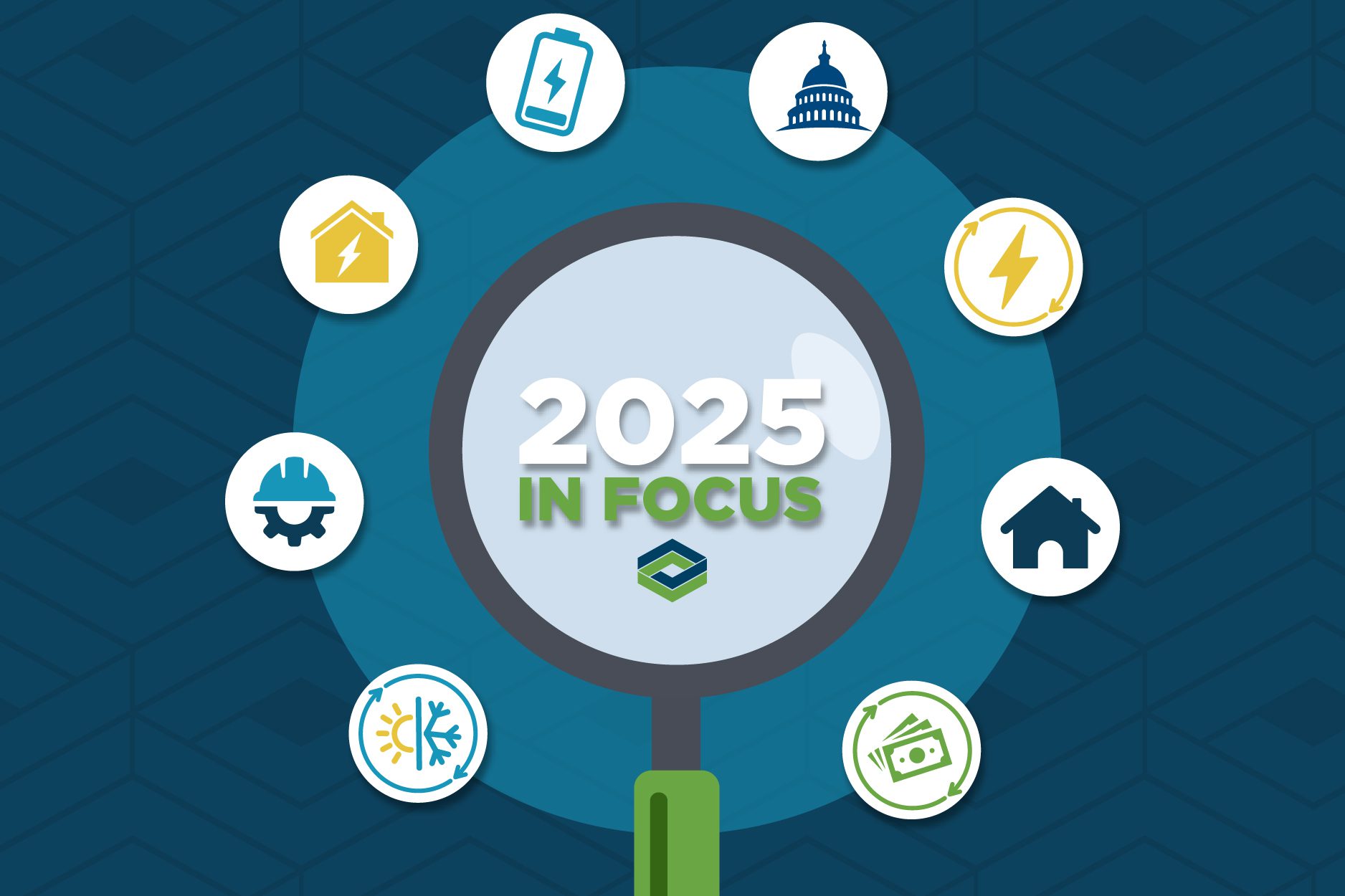May 5, 2022
BPI Partners with NEEP for Deep Retrofit Credential
Building Performance Institute (BPI) has partnered with Northeast Energy Efficiency Partners (NEEP) for the Total Energy Pathways (TEP) initiative to create a contractor credential for deep energy retrofits. The TEP initiative is based on the Zero Energy Now program in Vermont, which bundles weatherization, efficient HVAC, and solar into building energy upgrades. With the TEP credential, contractors can simplify decisions on weatherization, HVAC, and solar PV for customers, ensuring more homes receive the maximum benefit of energy savings. The Total Energy Pathways approach aims to save 50% or more of the energy used in a home through customer education and comprehensive retrofits.
By: Kelly Carey

A large, diverse, and prepared workforce is urgently needed to meet our communities’ climate goals and ensure that all Americans benefit from the climate transition. To help meet this need Building Performance Institute (BPI) has partnered with Northeast Energy Efficiency Partners (NEEP) for the Total Energy Pathways (TEP) initiative. Other partners include BPA and Energy Futures Group, with funding from the Department of Energy.
Total Energy Pathways is based upon lessons learned in the Zero Energy Now program in Vermont, which bundles weatherization, efficient HVAC, and solar into building energy upgrades. This bundled approach to deep energy retrofits, when led by highly qualified general contractors, alleviates the decision overload that can prevent customers from investing in whole-house energy upgrades.
As the credentialing partner in Total Energy Pathways, BPI will build upon the success of its GoldStar Contractor and other industry-leading certifications to create a contractor credential for deep energy retrofits. Contractors holding the TEP credential will simplify piecemeal decisions on weatherization, HVAC, and solar PV that customers must currently make without trusted guidance. This clear path to completing the work will ensure that more homes receive the maximum benefit of energy savings.
Deep energy retrofits aim to save 50% or more of the energy used in a home, as compared to actual pre-retrofit usage or an estimate of energy use, based on housing and climate characteristics. The Zero Energy Now approach, as piloted in Vermont, yielded an annual energy cost savings of almost $3,700. Total energy use among pilot project homes dropped by 79%, a level unprecedented in existing homes programs at this level of investment.
Comprehensiveness is key to the Total Energy Pathways approach. Each element (weatherization, heat pumps, and customer ownership of renewable generation) must work together for the project’s success. Customer education is also essential. By introducing a trusted lead who will develop a close customer relationship over the duration of the entire retrofit project, the TEP credential will ensure client satisfaction and project success.
BPI is honored to be entrusted with developing this credential. As with all BPI certifications, the Total Energy Pathways credential will be developed by a committee of subject matter experts convened and facilitated by BPI’s expert technical staff.
Learn more about NEEP and the Total Energy Pathways initiative here.





